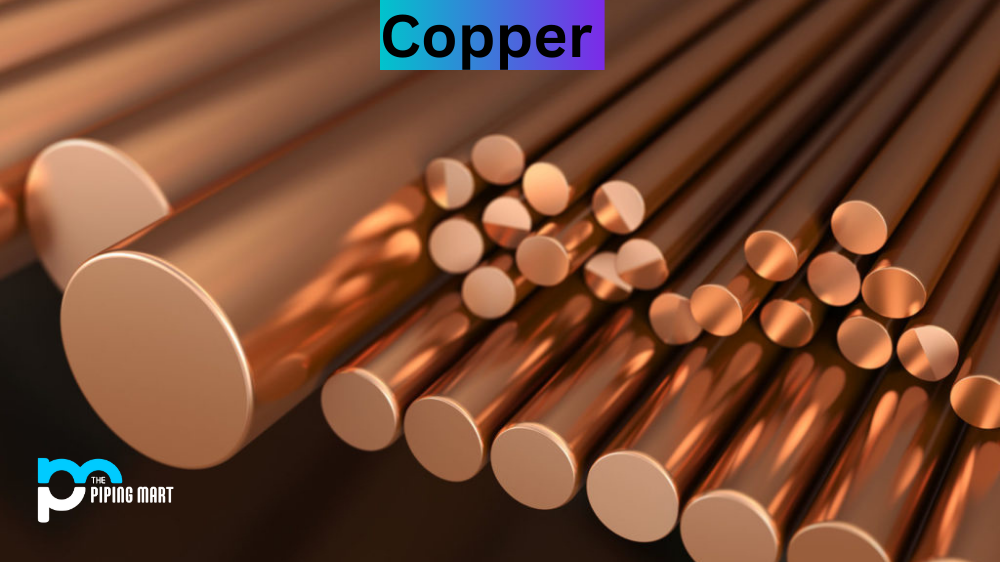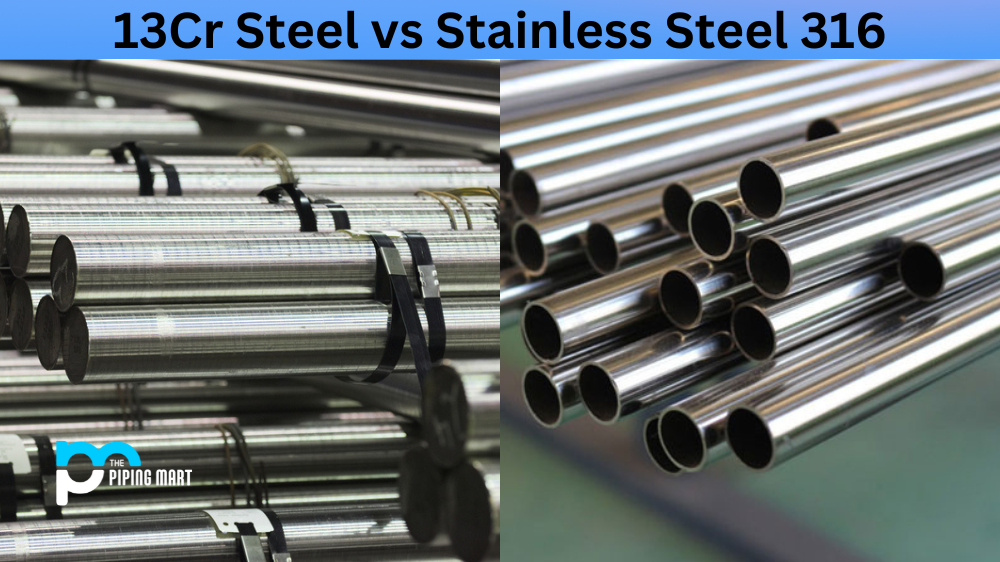Wires are a key component in any electrical circuit, carrying current from one point to another. But why are copper and aluminum wires so commonly used? In this blog post, we’ll discuss the benefits that both copper and aluminium wires offer when it comes to connecting circuits.
Why Use Copper Wires?
Copper wires are the preferred choice for many applications due to their excellent electrical conductivity. This means they can carry more electricity than other types of wire while withstanding high temperatures. Copper wires are also very malleable, making them easy to work with and bend into different shapes. Furthermore, copper is relatively inexpensive compared to other metals like gold or silver, making it attractive from a budget perspective.
Why Use Aluminium Wires?
Aluminum wires have advantages over copper ones, such as being lighter and more corrosion-resistant. This makes them ideal for outdoor applications where they may be exposed to the elements. Aluminium is also much cheaper than copper, which makes it an attractive option for those who need a large quantity of wiring but don’t want to break the bank. On top of that, aluminium is easier to handle since it’s not as malleable as copper wire and therefore doesn’t require as much effort when bending or shaping it into position.
Conclusion:
Copper and aluminum wires have unique benefits when it comes to connecting circuits. Copper offers excellent conductivity while being relatively inexpensive compared to other metals, while aluminum is lightweight yet still provides superior performance in outdoor applications due to its corrosion-resistant properties. Ultimately, deciding which type of wire you should use will depend on your specific application and budget needs. Whichever one you choose, you can be sure that your circuits will be well connected!

Abhishek is a seasoned blogger and industry expert, sharing his insights and knowledge on various topics. With his research, Abhishek offers valuable insights and tips for professionals and enthusiasts. Follow him for expert advice on the latest trends and developments in the metal industry.




